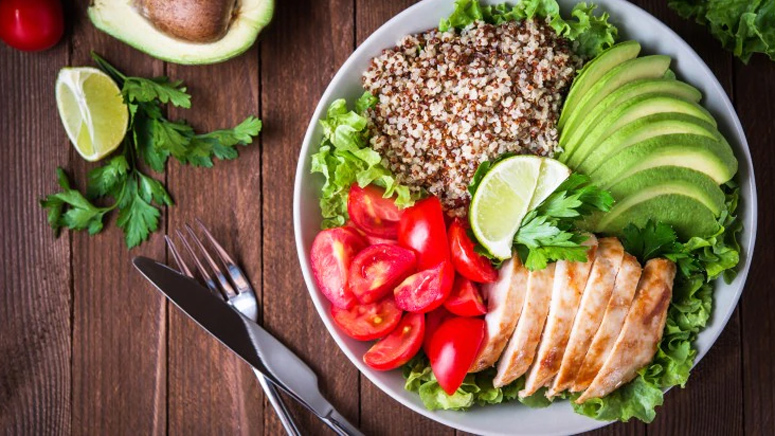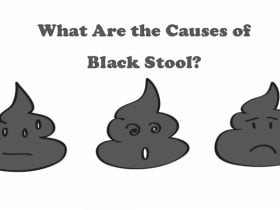You experience blood sugar spikes when there is a rise in your blood sugar and then it falls back after you eat.
For the short period that blood sugar spikes occur, it can cause hunger and lethargy. If it keeps occurring, your body may not be able to lower blood sugar effectively, thereby leading to type 2 diabetes. [1]
Diabetes is a rising health issue. It is possible to have diabetes and not know that you do. In fact, 29 million Americans have diabetes, and 25% of them don’t even know they have it.
Blood sugar spikes can also result in the narrowing and hardening of the blood vessels, which can lead to a stroke or heart attack.
There are ways you can prevent blood sugar spikes, keep reading to learn 12 si+mple measures.
Reduce Carbohydrates

Excess carbohydrate consumption is one of the main causes of increase in the blood sugar level.
Carbohydrates are transformed into simple sugars when you ingest them. The bloodstream is subsequently filled with glucose.
Your pancreas secretes the hormone insulin as your blood sugar levels rise, which causes your cells to begin absorbing sugar from the blood. Your blood sugar levels decline as a result of this.
Results from numerous trials have shown that a low-carb diet helps reduce blood sugar rises.
Additionally, low-carb diets [2] can help with weight loss, which can lessen blood sugar rises.
There are several ways you can cut your carb intake, one of which is by keeping track of them. Here is a how-to manual for the task.













